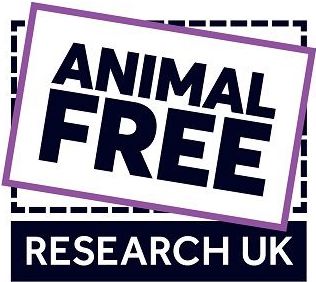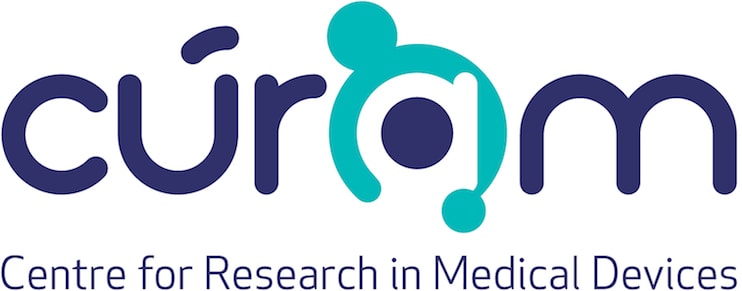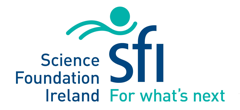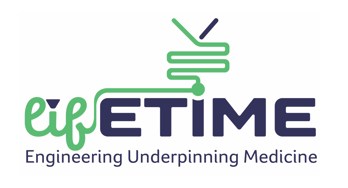2020 Cohort Training Programme
By lifETIME CDT Administrator: Emma Lardner (University of Birmingham)
Since the COVID-19 pandemic hit the UK earlier this year, we have worked hard to adapt the lifETIME programme to be delivered online. Our 2019 cohort were fortunate enough to be able to have in-person rotational training which created an environment to network with other cohort members, supervisors and the management committee.
The management team and the skills training committee have worked hard to plan a training programme for the 2020 cohort that allowed for the same interactions the 2019 cohort had but delivered online. The programme was created to utilise lab time whilst still including online learning, opportunities to network with other members of the CDT and social activities.
The 2020 lifETIME CDT cohort began their PhD’s on 1st October 2020. The first week was spent being inducted locally at home Universities and where possible, visiting local labs.
The training programme began on 5th October with an online induction with Professor Matthew Dalby, Professor of Cell Engineering and Director of lifETIME CDT at the University of Glasgow. Matt spoke about the structure of the CDT, the programme for the next four years and his work at the University of Glasgow. The cohort then met the programme administrators; Mrs Michelle Carmichael; lifETIME Co-ordinator, Mrs Aimee Soare; lifETIME Administration Assistant at the University of Glasgow, Miss Emma Lardner; Operations Officer for the Healthcare Technologies Institute and lifETIME Administrator at the University of Birmingham and Dr Mihai Lomora, CURAM Project Manager for lifETIME at NUI Galway who each provided students with an overview of how the programme is ran from an administrative perspective.
The cohort then had their first ‘Meet the Management Team’ session with Dr Catherine Berry, Senior Lecturer and Chair of the Skills and Training Committee who spoke about her role chairing the committee and how the COVID-19 pandemic has affected the training programme for the 2019/2020 cohorts.
For the evening social activity, the 2019/2020 cohort, supervisors and the administration team took part in an online quiz. The attendees were split in to three teams and asked to work together to answer quiz questions. The evening was a success and gave the 2020 cohort an opportunity to meet others who are involved in the CDT in an informal setting.
On 6th October the cohort attended their second ‘Meet the Management team’ session with Professor Ivan Wall, Professor of Regenerative Medicine, Cell & Gene Therapy Bioprocessing and Deputy Director of lifETIME at Aston University who introduced his role within the CDT, his background and the work his team at Aston do.
The cohort then attended an online escape room where they were split in to three teams and asked to work together to discover clues and escape the game in the shortest amount of time. The activity was a huge success and gave the students another opportunity to interact socially.
The training programme will continue with regular online training, ‘Meet the Management Team’ sessions and informal catch up’s for the duration of 2020.
Student testimonials:
‘’I really enjoyed my first week in the CDT. The virtual events were great in bringing the cohort together, especially the virtual escape room which was challenging but still great fun.‘’
Hannah Williamson, LifETIME Student at the University of Birmingham
Project: On-Demand Sensors for Cell Therapy Bioprocessing
‘’I found the first week very eye opening and motivating. However, my favourite part had to be the lifETIME CDT Quiz on Thursday night, what a laugh‘’
Chanelle McGuinness, LifETIME Student at the University of Glasgow
Project: Bioengineering of Pharma ready bone marrow models for cancer drug screening
‘’The first week of the CDT has allowed us to engage with an interdisciplinary group of people. I particularly enjoyed the ‘Escape Room’ which helped stimulate the brain again after a long summer in lockdown‘’
Antonia Molloy, LifETIME Student at Aston University
Project: Optimizing Mycobacterial drug discovery using picodroplet technology








